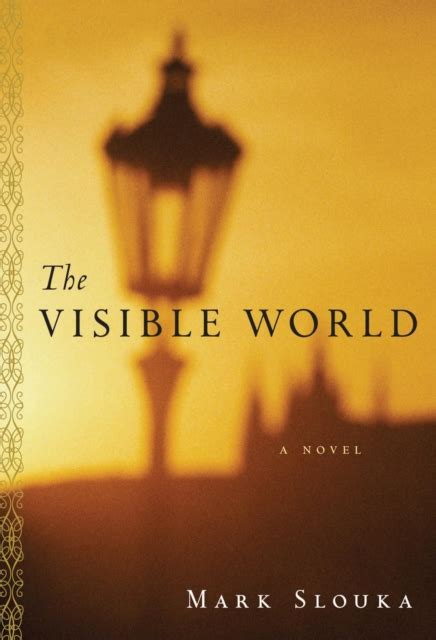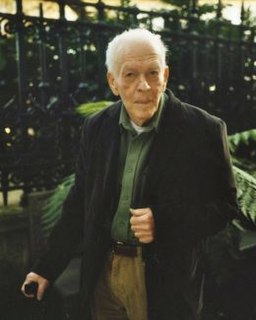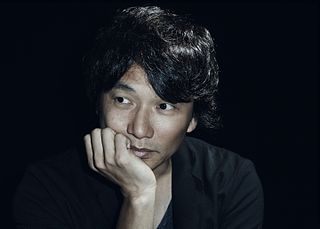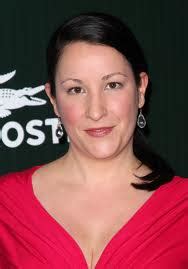A Quote by Mark Slouka
The 'deep' civic function of the humanities . . . is something understood very well by totalitarian societies, which tend to keep close tabs on them, and to circumscribe them in direct proportion to how stringently the population is controlled.
Related Quotes
Friendship is anything that you get something out of that is very, very important to you. And that's why there are those people who are so close to you that you don't know how you'd live without them. And they are the ones that, even if they do something terrible, you have to keep. Otherwise, you're just going to be lost without them.
Advances in the technology of communications have proved an unambiguous threat to totalitarian regimes: Fax machines enable dissidents to bypass state-controlled print media; direct-dial telephone makes it difficult for a state to control interpersonal voice communication; and satellite broadcasting makes it possible for information-hungry residents of many closed societies to bypass state-controlled television channels.
When you act, you're being asked to pretend in a very rigid, controlled environment. It's very un-childlike. So a lot of times, when you put kids in that situation, you hope they have a better support system outside of what they're doing to bring them back to reality at the end of the day and to keep them well-rounded.
My government currently runs things only because the people 'allow' them to run things. It is my responsibility that I do everything I can to keep tabs on my government, keep them honest and make sure that they always act for the good of the people. They must be reminded that they hold no power over the people that the people do not wish for them to hold. If the government begins working in a way that the people don't agree with, they must be made to know that we will rip it to its very foundations and replace it with something that does.
The reduced variability of small populations is not always due to accidental gene loss, but sometimes to the fact that the entire population was started by a single pair or by a single fertilized female. These 'founders' of the population carried with them only a very small proportion of the variability of the parent population. This 'founder' principle sometimes explains even the uniformity of rather large populations, particularly if they are well isolated and near the borders of the range of the species.
Everything is humanities. The sciences are a form of the humanities. They involve traditions of inquiry; they involve social engagement with ideas. They do not happen with a naked brain going out and encountering a nonhuman world. And the better we understand ourselves, the better we can do science, as well. So I don't see them - the sciences and the humanities - as being at all different.
Life's very difficult and full of surprises. At all events, I've got as far as that. To be humble and kind, to go straight ahead, to love people rather than pity them, to remember the submerged - well, one can't do all these things at once, worse luck, because they're so contradictory. It's then that proportion comes in - to live by proportion. Don't begin with proportion. Only prigs do that. Let proportion come in as a last resource, when the better things have failed.
Really, you have to keep everything streamlined, and lined and sexy and close to their body. They really had to work very hard at their own patience. But yeah, you absolutely consider their physiques as they are, and how can we help them look even better, or more powerful, and you adapt designs for the actors. You want to keep them as cool as comfortable as you can.
At the end of the day, when it comes down to it, all we really want is to be close to somebody. So this thing where we all keep our distance and pretend not to care about each other, it's usually a load of bull. So we pick and choose who we want to remain close to, and once we've chosen those people, we tend to stick close by. No matter how much we hurt them. The people that are still with you at the end of the day, those are the ones worth keeping. And sure, sometimes close can be too close. But sometimes, that invasion of personal space, it can be exactly what you need.







































